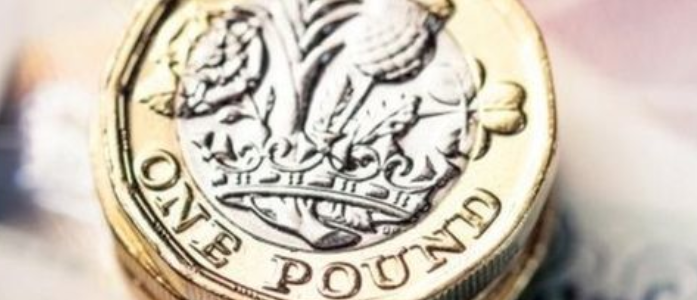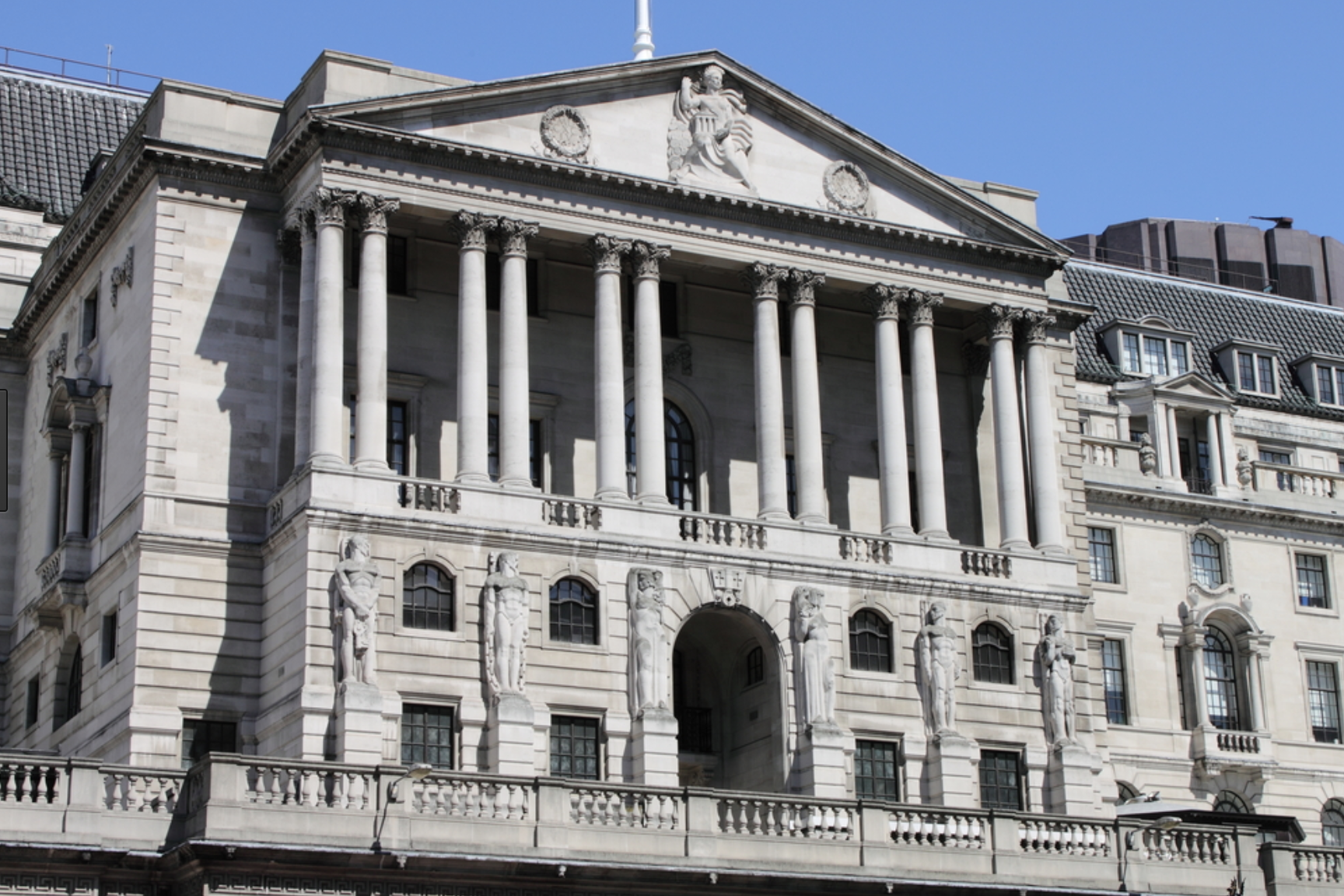
Inflation rises to 4.2 per cent

UK inflation rate rises at highest in a decade at 4.2 per cent in October, amid fears over Covid recovery. Th jump, driven largely by rising fuel and energy costs, which puts further pressure on households across the UK.
Demand for gas is pushing up energy prices worldwide, recovering from Covid pandemic. The shortages of many goods, including building materials and computer chips, are causing supply problems, and pushing up prices. Government support to businesses during the pandemic, like reduced VAT for hospitality has ended.
We are all affected by rising prices and if you are on a low income, you’re highly likely to feel impact more severely.
Office of National Statistics (ONS) measures prices of hundreds of everyday items, called “basket of goods” and releases its measure of inflation each month showing how much these prices have risen since the same date last year, known as Consumer Price Index. Bank of England want to keep inflation target to 2 per cent, but if inflation rises quickly, the Bank of England can raise interest rates, but this mean mortgages tied to the Bank of England’s rates could see their repayments go up.
